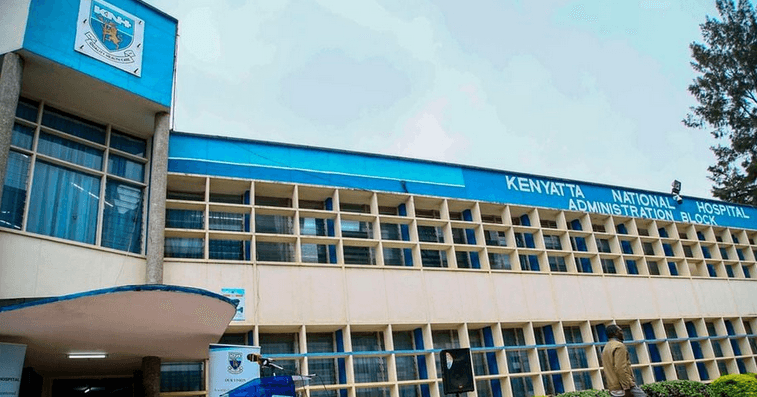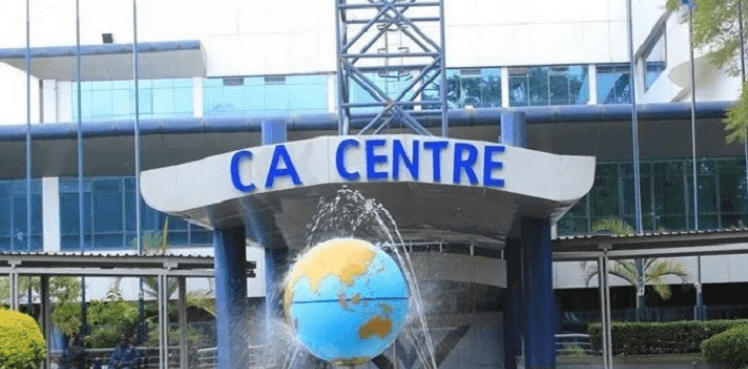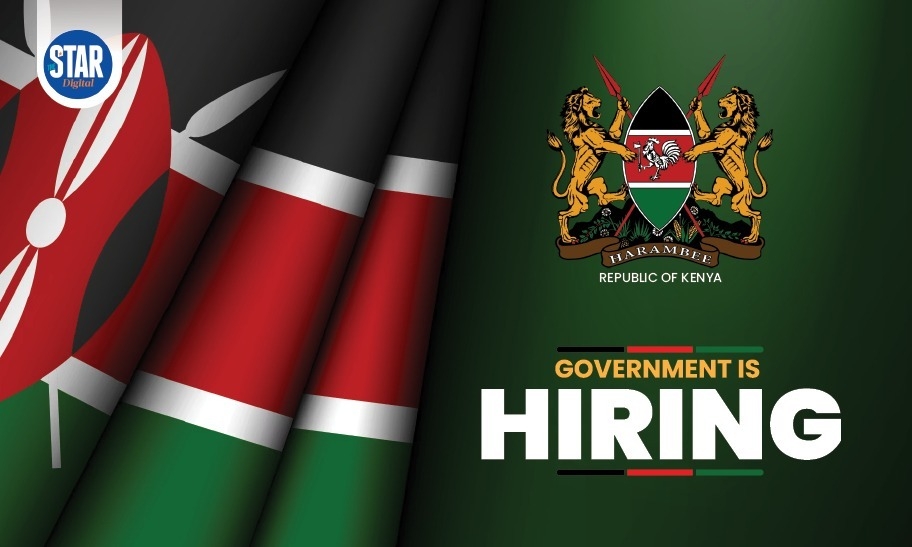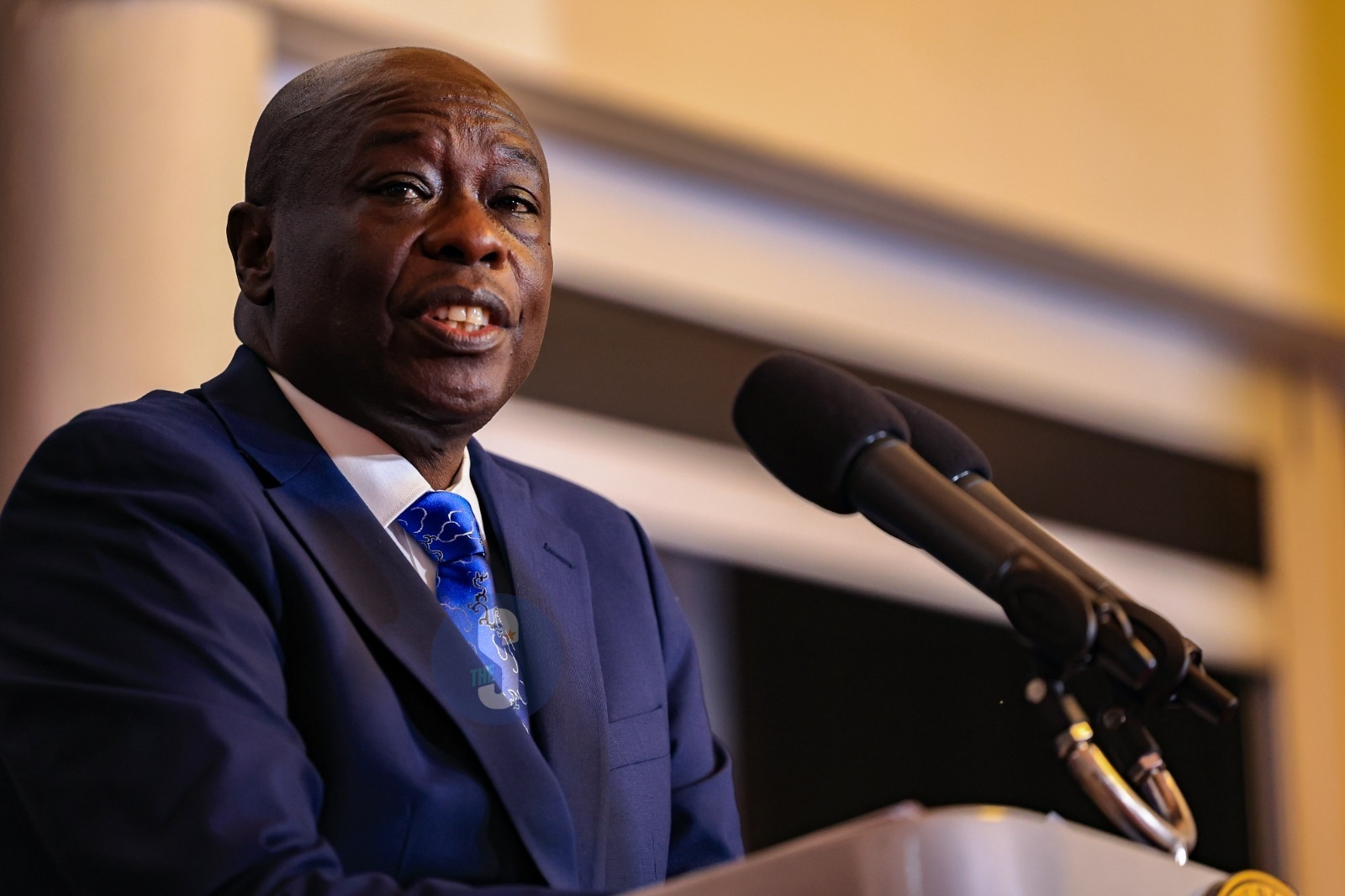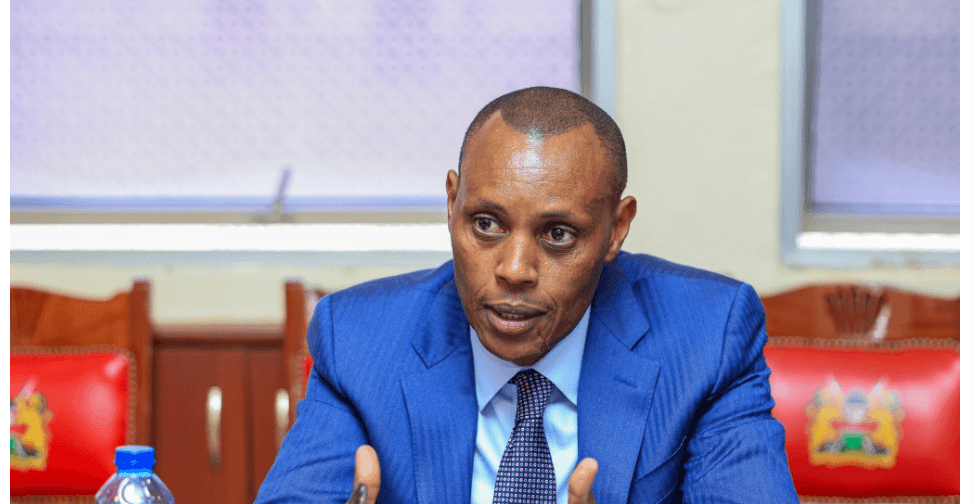Kenya’s current debt crisis is negatively impacting on HIV funding, a Joint United Nations Programme on HIV/AIDS report states.
The report titled 'Domestic Revenues, Debt Relief and Development Aid: Transformative Pathways for Ending AIDS by 2030' was released ON Monday in New York.
It covers countries in the Eastern and Southern Africa.
According to the report, Kenya among these countries is currently grappling with huge debts that it cannot manage to fund health and HIV services.
In terms financing for HIV, these countries requires a signifcant amount of funds totalling Usd10.5 million in 2024 and set to hit Usd15, 841 million in 2023.
Between now and 2030, the reports says Kenya needs up to Sh130 billion for HIV response.
With competing interests, debt servicing is projected to rise faster than the tax revenue between 2024 and 2027 and stay above eight per cent of GDP until 2030 in these countries.
During the June 2020 Paris meeting, one of the goals set was to end AIDS as a public health threat by 2030.
“Meeting these targets will require mobilising resources from multiple sources at an unprecedented pace, and a more efficient allocation of resources to reach and meet the needs of vulnerable populations,” it states.
Kenya is rated to be high in the debt risk rank with domestic debt service of 70.4 per cent and 29.6 per cent on external.
Complicating matters further, the report notes that tax revenues are not projected to increase sharply over this period.
On average, revenues are projected to rise marginally from about 15.9 per cent of GDP across the region to about 16.8 per cent by 2030.
“This means that by 2030, the region will still lag significantly behind other world regions which have already achieved higher revenue ratios, including Asia–Pacific (20 per cent of GDP), Latin America and the Caribbean (21.7 per cent),” it states.
The report indicates that Kenya, Eswatini, Lesotho, Malawi, Mozambique, Namibia, Rwanda, Tanzania and Zambia will all have debt service to GDP ratios above 5 per cent in 2030.
Debt service is also projected to consume, on average, over 54 per cent of tax revenues across the region and represent over 50 per cent of public expenditure by 2030.




